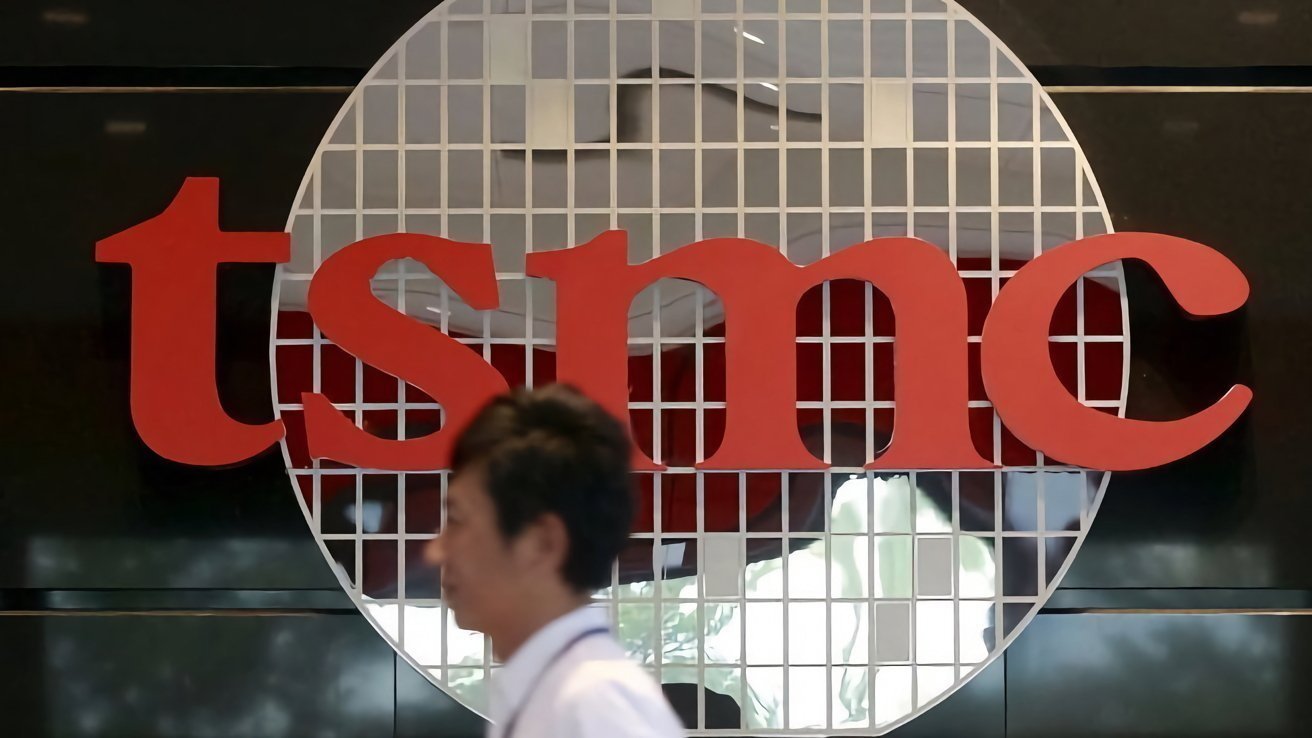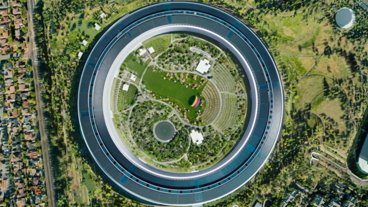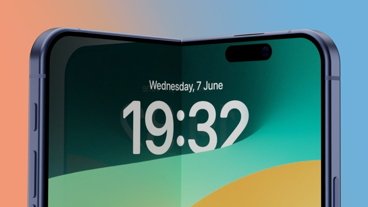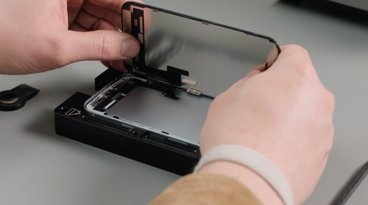Apple chipmaker TSMC is finding it harder to maintain neutrality as tensions between China and the U.S. continue to grow.
Taiwan Semiconductor Manufacturing Co (TSMC) manufactures the processors in Apple's iPhones, iPads, and Macs. Apple has been its lead customer since 2014 when it began manufacturing the A8 chip in the iPhone 6 and iPhone 6 Plus.
However, TSMC's relationship with U.S.-based companies has strained in recent years. In October, the U.S. Department of Commerce began an investigation into a possible sanctions breach by TSMC.
The sanctions in question include a block in enacted in 2020, designed to prevent Huawei from accessing components from U.S. companies without prior approval. The United States introduced additional controls in 2022 that severely restrict any exports of AI chips to China.
TSMC, for its part, would much rather remain neutral, acting as "a semiconductor version of Switzerland", a TSMC executive told The Information points out. Unfortunately for TSMC, it's only getting harder to do so.
It's possible that TSMC was contracted by an intermediary firm that concealed Huawei as its client. The customer attempted to order a chip with a similar design to the Ascend 910B, a processor developed by Huawei. Notably, the chip was designed to train large language models, a crucial process in AI production.
As a result, TSMC has spent weeks conducting an internal investigation of its Chinese customer base in an attempt to identify any suspicious orders. The company has stopped supplying clients with questionable chip orders and has even gone so far as to destroy any suspect wafers.
However, TSMC is also concerned about damaging its relationship with China. After all, it operates two factories in China that produce chips for numerous clients in the region. If the Chinese government intervenes, it would likely have lasting impacts on both TSMC's profits and the entire semiconductor industry.
When asked by Chinese officials about the U.S. investigation, TSMC told them that the U.S. calls the shots, sources told The Information. However, it assured China that it would only do what U.S. regulators required and nothing more.
Ultimately, because 65% of its revenue comes from American clients, namely Apple and Nvidia, TSMC's hands are tied. The company hopes to avoid heavy fines by proving how challenging it is to identify suspicious clients, while showing its commitment to the U.S. by cooperating with all probes.
It's possible that through the cooperation, the U.S. Department of Commerce could show the company some leniency.
"The level of cooperation between the company and [the] BIS, if the company has been suspected of a violation, can make a big difference in how they are penalized or whether they are penalized down the road," Jacob Feldgoise, a data research analyst at Georgetown University's Center for Security and Emerging Technology told The Information.
 Amber Neely
Amber Neely

-m.jpg)






 Malcolm Owen
Malcolm Owen
 William Gallagher
William Gallagher

 Oliver Haslam
Oliver Haslam
 Thomas Sibilly
Thomas Sibilly
 Marko Zivkovic
Marko Zivkovic

 Wesley Hilliard
Wesley Hilliard


-m.jpg)






3 Comments
There is an interesting interview (YouTube) with the new CEO of ASML (Christophe Fouquet) and Bloomberg Tech which, reading between some very clear lines, makes it clear that ASML is not happy with the US pulling the extraterritorial strings, even if he is very diplomatic with his words.
"ASML CEO Christophe Fouquet discusses artificial intelligence, the market in China, as well as US pressure on allies further restrict sales of semiconductor technology to Beijing."
We are now seeing diplomatic pushback as the Netherlands is saying it has to put its domestic interests (ASML) into focus too. This is because the US wants to impose further restrictions on DUV.
The arrival of Trump is only going to make things worse.
The former CEO of ASML (Peter Wennink) also spoke clearly and on the record about unilateral sanctions. They won't work is his opinion.
Opinion at TSMC is likely identical and for the exact same reasons.
China (like the EU) has its own anti sanctions legislation
AFAIK, They haven't been used yet although the EU has used them in the past (against other US sanctions).
Chinese Dutch boy Taiwanin the middle of two big countries big bullies……. kinda like ASML on the other side of the world.,
Meanwhile on the other side of the world China keeps building infrastructure BYD will be selling everywhere else in the world aside from the US and Europe?
https://x.com/taylorogan/status/1859146242519167249 BYD factory addition, the genie is out of the bottle and the bull is out of the barn and down the road.
https://electrek.co/2024/11/25/byd-confirms-next-gen-blade-ev-battery-coming-with-more-range/ Another more efficient battery type coming up?
I suspect “a deal” is going to be made that will make these CEOs very happy. At the end of the deal, Taiwan will be under the control of the CCP and TSMC will be a Chinese company. China will have to pay a price, but it will be a price they deem worth paying.